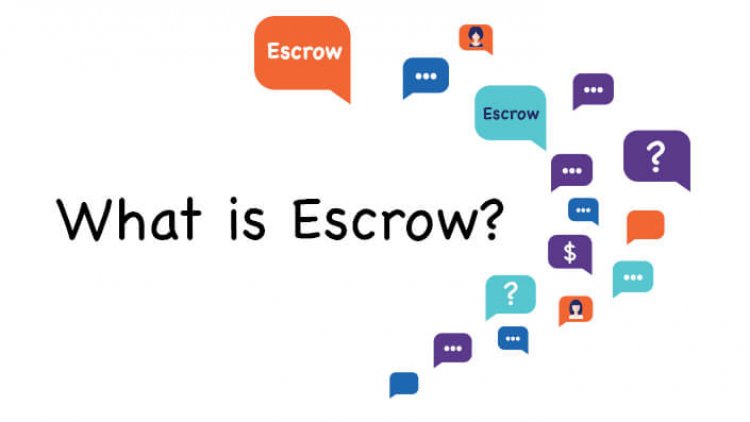Escrow: What it is and How it Works in Real Estate Transactions

What is Escrow?
To know what escrow is, one needs to differentiate between "escrow" and "escrow accounts".
Escrow is a payment process where two parties let a third party control the money of the buyer and the property of the seller needed to complete a transaction.
Escrow accounts hold money, funds, and other assets used to pay. They deal with monthly mortgage payments more so than the purchase of the home itself.
Defining Escrow
When a deal on a property is made, large sums of money being put down to make it a big deal. Escrow protects the money for both buyers and sellers as it is a third-party agreement in which the money passes from buyer to seller. Escrow essentially verifies the legitimacy of a transaction and deed title.
The process goes as such: when making an offer on a property, the money will be deposited into an escrow account by either the buyer or an agent representing the buyer. This proves to the seller that a buyer has committed to the said property. After the transaction is done, the existing escrow account can also be used for monthly mortgage payments, which automatically go to pay taxes and insurance. The homeowner's account would be handled by either a mortgage servicer, escrow company, or escrow agent.
Sometimes, after the down payment has been made, home sales do not go through. This is either because the buyer changed their mind or there is an issue with the property in question. If it is the former, then the buyer is usually not refunded, but if it is the latter, the buyer usually does get a refund.
Defining Escrow Accounts
One usually opens an escrow account once they get a loan from a bank or direct lender; this helps to pay property taxes and homeowner's insurance premiums. Mortgage lenders require future homeowners to have escrow accounts to ensure expenses are paid in a timely manner; this also protects the assets of the lender.
For instance, in the event of foreclosure, any unpaid expense such as property taxes or insurance will lead to a lien being put on the property. This makes it difficult for lenders to recover the loan previously put towards the said property.
Although to properly maintain an escrow account, borrowers must have a minimum balance of two months' expenses in their account at all times.

 Kerubo Ondieki
Kerubo Ondieki 































![4 Indigenous Tribes Living in Huts in East Africa [PHOTOS]](https://realestateblogpost.com/uploads/images/2023/06/image_380x226_6482dd8b5c94a.jpg)